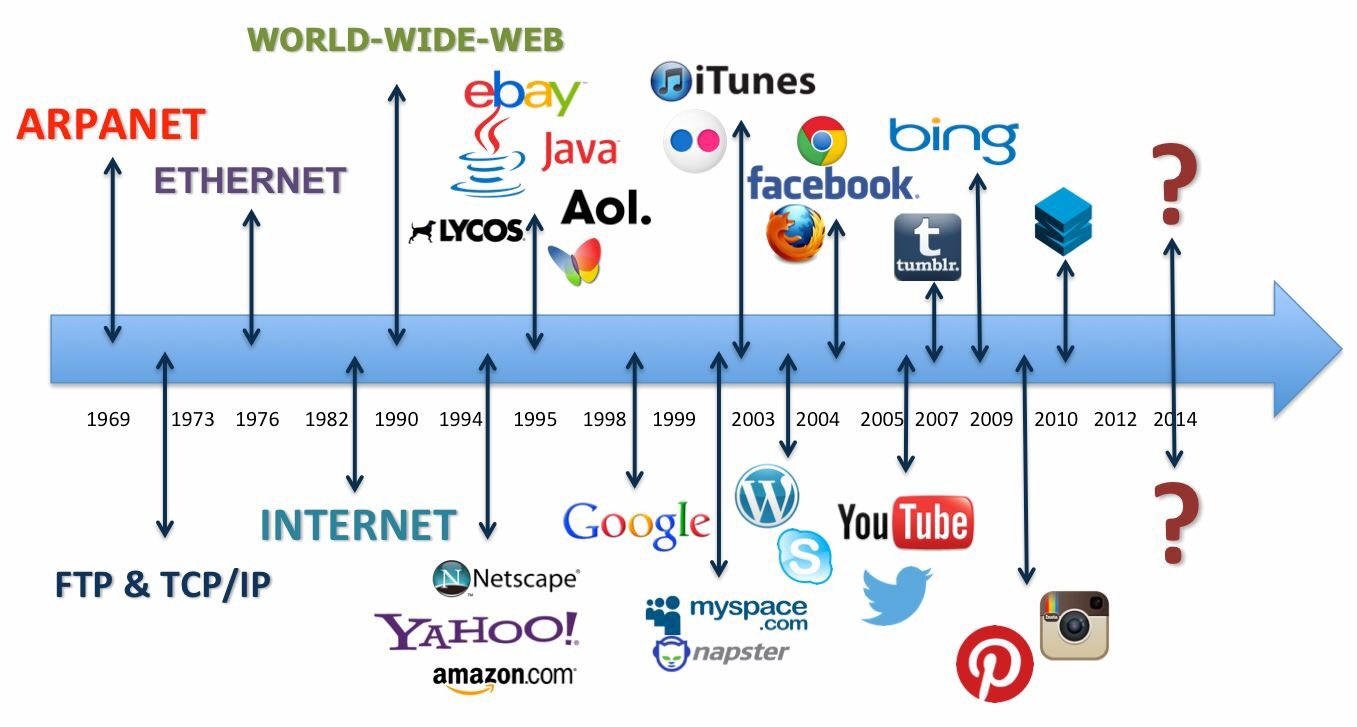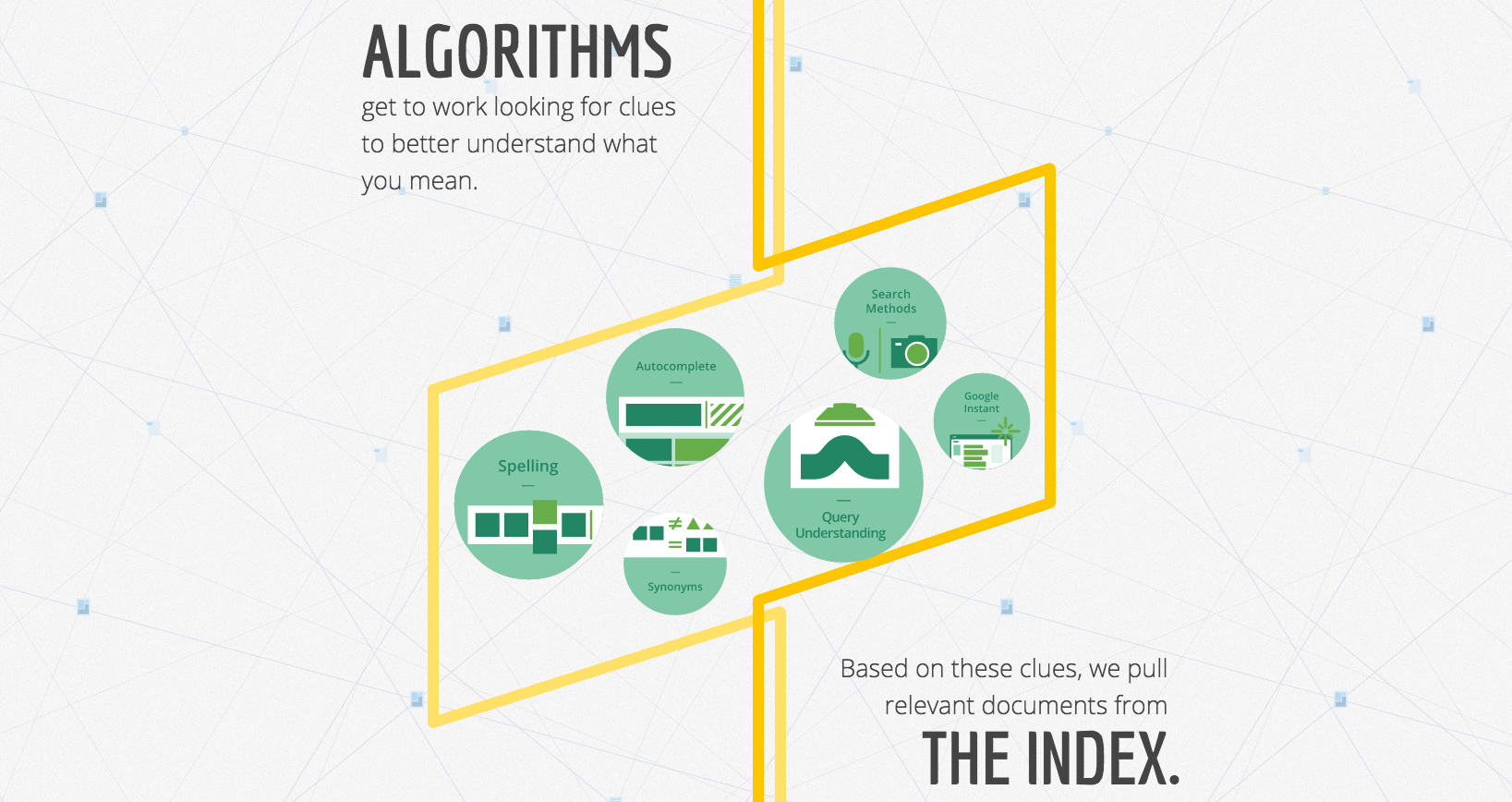All the Firsts: Search Engines

While the big-name search engines you’re probably used to hearing about include Google, Bing, and Yahoo!, WebCrawler was the first search engine to hit the World Wide Web back in 1994.
Launched by University of Washington student Brian Pinkerton, WebCrawler went live with a database containing pages from just over 4,000 different websites. Since then, the search engine has changed hands several times. America Online (AOL) bought WebCrawler in 1995 but sold it to Excite in 1997. It was then acquired by InfoSpace in 2001.
While WebCrawler still exists, its popularity hasn’t stood the test of time. Google is now the world’s most-used search engine, with a market share of over 70% of all searches. Yahoo! ranks at #2 and Bing at #3, according to Alexa, a site that analyzes web traffic.
How do search engines work?

Google, for example, takes the 130 trillion individual pages on the web (and growing) and navigates them by crawling, meaning they follow links from page to page. As they follow these pages, they sort them by their content and other factors, keeping track of it all in the index, which is over 100 million gigabytes large. Google writes algorithms to deliver the best results possible for what you’re searching for and, based on what it knows about your behavior, pulls relevant pages from the index. Results are ranked by over 200 factors, including site quality, use of keywords, location, map data, and past search behavior. All of that happens in 1/8th of a second.
Google’s algorithms are constantly changing, as is the Internet and the habits and behaviors of its users. From the explosion of mobile to predictive and natural language search, one can only speculate as to how search will change – and who will be the go-to source for information – over the next decade and beyond. Maybe there’s a search for that.
Fun fact: You can check the history of a search term by using Google Trends, a service that allows you to see how search terms have waxed or waned in popularity over time (at least since 2004).